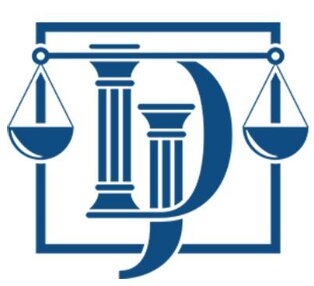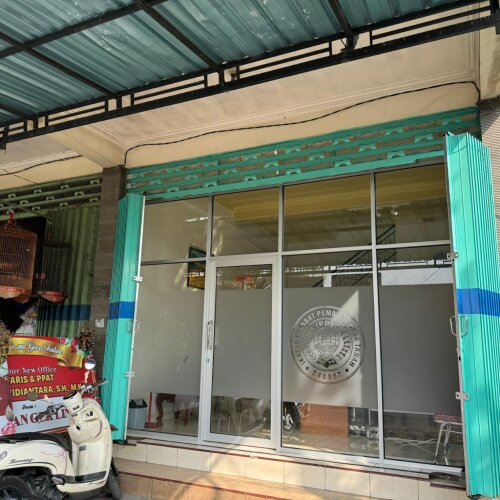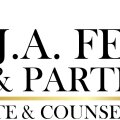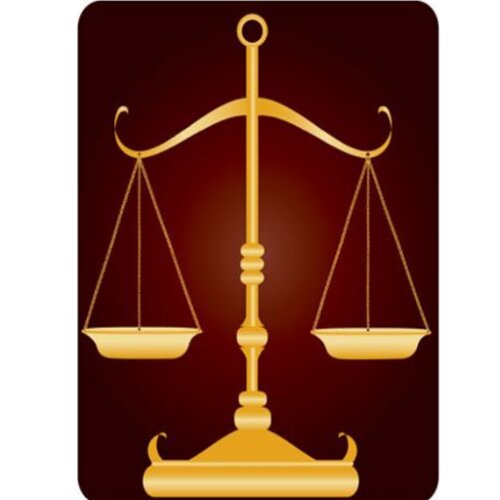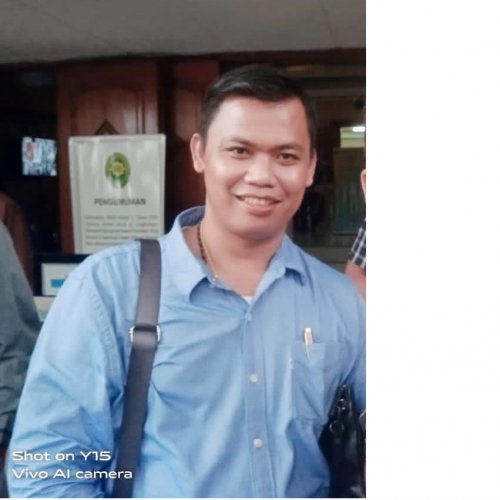Best Elder Abuse Law Lawyers in Indonesia
Share your needs with us, get contacted by law firms.
Free. Takes 2 min.
Or refine your search by selecting a city:
List of the best lawyers in Indonesia
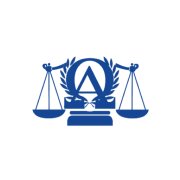
Jiwangga Law Office | Lawyer Surabaya | Advokat Surabaya | Pengacara Surabaya
30 minutes Free ConsultationAbout Elder Abuse Law in Indonesia
Elder abuse law in Indonesia is designed to protect the rights and well-being of older adults who may be vulnerable to abuse, neglect, or exploitation. While elder abuse is a global concern, specific legal frameworks and policies in Indonesia aim to address these issues. The Indonesian government, through various legal instruments and policies, seeks to safeguard the elderly by imposing penalties on abusers and providing support systems for victims.
Why You May Need a Lawyer
Given the complexity of elder abuse cases and the emotional strain they can cause, individuals might seek legal counsel for several reasons. Common situations include:
- Suspecting a caregiver or family member of physically or emotionally abusing an elderly person.
- Evidence of financial exploitation, such as unauthorized use of an elderly person's funds or assets.
- Cases of neglect where an elderly individual is not receiving appropriate care, resulting in harm or distress.
- Desire to establish legal guardianship to protect the interests of an elder.
- Reporting abuse and seeking legal remedies to ensure the safety and well-being of the elder.
Local Laws Overview
In Indonesia, elder abuse laws are encompassed within broader legal protections for vulnerable groups. Key aspects include:
- The Indonesian Criminal Code (KUHP), which covers offenses related to physical abuse and neglect.
- Law Number 13 of 1998 on Elderly Welfare, providing broader protections and support for the elderly population.
- Strategies outlined by the Ministry of Social Affairs to prevent and address cases of elder abuse.
- Local measures and community-based programs aimed at raising awareness and providing assistance to victims.
Frequently Asked Questions
What constitutes elder abuse under Indonesian law?
Elder abuse in Indonesia can involve physical, emotional, or sexual harm, financial exploitation, or neglect of an older adult by someone in a position of trust.
Who can report elder abuse in Indonesia?
Anyone aware of elder abuse can report it, including family members, friends, neighbors, and professionals who work with the elderly.
What are the legal consequences for elder abuse in Indonesia?
The legal consequences can include criminal charges with penalties ranging from fines to imprisonment, depending on the severity and circumstances of the abuse.
Are there specific laws protecting the financial assets of the elderly?
While there are no specific laws solely for financial protection, general laws regarding fraud and exploitation apply, protecting the elderly from financial abuse.
Can elder abuse cases be settled out of court in Indonesia?
In some cases, mediation or other forms of dispute resolution may be considered, but criminal offenses typically proceed through the legal system.
What support services are available for victims of elder abuse in Indonesia?
Support services can include legal aid, counseling, medical care, and safe housing through government and non-governmental organizations.
How do Indonesian laws ensure the safety of elders in care facilities?
Regulations require care facilities to meet certain standards, and violations can result in penalties or closure. Oversight is provided by local authorities.
What steps should I take if I suspect elder abuse in my community?
Report your concerns to local authorities or elder protection services, and consider consulting a lawyer for guidance on legal actions.
Is there legal aid available for low-income families dealing with elder abuse cases?
Yes, various legal aid organizations offer free or low-cost services to assist families dealing with elder abuse.
How can I ensure the legal protection of an elderly family member?
Consider setting up legal agreements like power of attorney or guardianship with the help of a lawyer to protect their interests.
Additional Resources
For those seeking more information or assistance, the following resources may be helpful:
- The Ministry of Social Affairs, which handles welfare programs for the elderly.
- Local legal aid organizations that provide services related to elder abuse.
- Community centers that offer programs and information on elder care and protection.
Next Steps
If you need legal assistance in dealing with elder abuse, consider taking the following steps:
- Document evidence and details of the suspected abuse.
- Contact a lawyer specializing in elder abuse or family law in Indonesia.
- Reach out to local authorities or a trusted organization to report the abuse.
- Explore available support services for both the elder and the family.
Engaging with a legal professional can provide clarity and guidance, ensuring the protection and care of your loved one while navigating the complexities of the law.
Lawzana helps you find the best lawyers and law firms in Indonesia through a curated and pre-screened list of qualified legal professionals. Our platform offers rankings and detailed profiles of attorneys and law firms, allowing you to compare based on practice areas, including Elder Abuse Law, experience, and client feedback.
Each profile includes a description of the firm's areas of practice, client reviews, team members and partners, year of establishment, spoken languages, office locations, contact information, social media presence, and any published articles or resources. Most firms on our platform speak English and are experienced in both local and international legal matters.
Get a quote from top-rated law firms in Indonesia — quickly, securely, and without unnecessary hassle.
Disclaimer:
The information provided on this page is for general informational purposes only and does not constitute legal advice. While we strive to ensure the accuracy and relevance of the content, legal information may change over time, and interpretations of the law can vary. You should always consult with a qualified legal professional for advice specific to your situation.
We disclaim all liability for actions taken or not taken based on the content of this page. If you believe any information is incorrect or outdated, please contact us, and we will review and update it where appropriate.
Browse elder abuse law law firms by city in Indonesia
Refine your search by selecting a city.




